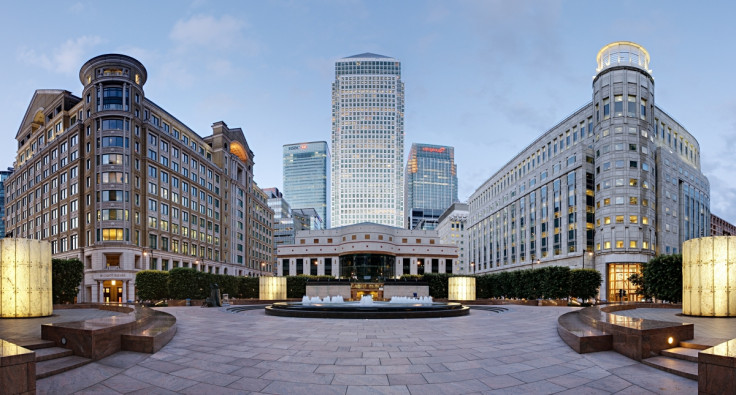Property funds freeze highlights their illiquid nature but there's no need to panic
Investing in commercial property has always been a long term play.

Commercial property funds worth £18bn ($23.31bn) have stopped trading after the Brexit vote dented investors' confidence in the immediate prospects of office, shopping and leisure estate holdings in the UK.
As panicking investors queued up to make withdrawal calls, fund managers downgraded their own valuations of the £25.9bn market, before some of the biggest names in the business announced a temporary freeze on trading. Valuation discounts, made in a bid to maintain liquidity in the run up to the freeze, simply did not stem the outflow.
Their move was not a first: the property funds market has been here before at the height of the global financial crisis in 2008. The logic behind the freeze is that if investors try to take their money out at once, fund managers would be forced to sell properties at a loss.
So in order to be "fair to all investors", Standard Life moved before anyone else to mark down its £2.9bn property fund, before imposing a freeze on trading on 4 July. Others, including M&G Investments, Henderson Global Investors, Canada Life, Columbia Threadneedle and Aberdeen Asset Management followed suit.
While the focus has shifted to what investors can do and how long the trading freeze would last, we have been given another example of how illiquid this asset class is.
Remove the word "commercial" from view and just narrow it down to a pure property sale. As anyone who has ever bought or sold a house can testify, property transactions take time, especially if it is a big ticket sale or purchase.
By that argument, investors impacted by the freeze should expect it to last weeks and months, and not a matter of days, according to Richard Hunter, head of research at Wilson King Investment Management.
"Following on from the financial crisis, we have been reminded yet again that is a fairly illiquid asset class. So investors should not really be surprised by the situation. Most have little choice but to hang on and must prepare themselves for a long wait before they can access their capital. Some funds could possibly be off limits until the end of the year."
Hunter also said the small print about the long-term nature of investing in property funds is pretty clear. "Those who acknowledge this ought to be patient enough to recognise that the market would calm down over the coming months, with the Bank of England likely to take stimulus measures. Furthermore, the fall in the value of the pound makes investments in British commercial estate attractive for long-term returns for overseas buyers."
Admittedly, the size of the markdowns by the managers of their respective funds does have a certain shock value. For instance, Aberdeen Asset management devalued its property fund by 17%, Legal & General by 10%, and Foreign & Colonial and Kames by 5% each.

However, Laith Khalaf, senior analyst at Hargreaves Lansdown, said the markdowns were little more than an educated guess.
"They may not be borne out by real world transactions, for better or worse. Though with such sharp adjustments there appears to be a lot of bad news in the price.
"The way we view it is that long term investors in any market should be willing to tolerate periods of weakness. Selling out when prices have fallen sharply is usually a bad idea, particularly if the decision is a knee-jerk reaction."
The fundamental trends that led to the popularity of property as an asset class are still in place, with interest rates still low and gilt prices high. There is very little post-Brexit economic data to go around at the moment, and even less clarity on the timeframe and nature of the exit talks between the UK and European Union.
Given that backdrop, there is little doubt that property fund managers want to sit tight and prudently manage their portfolios rather than divest in a huff. Investors have little choice but to follow their managers' lead.
© Copyright IBTimes 2025. All rights reserved.






















